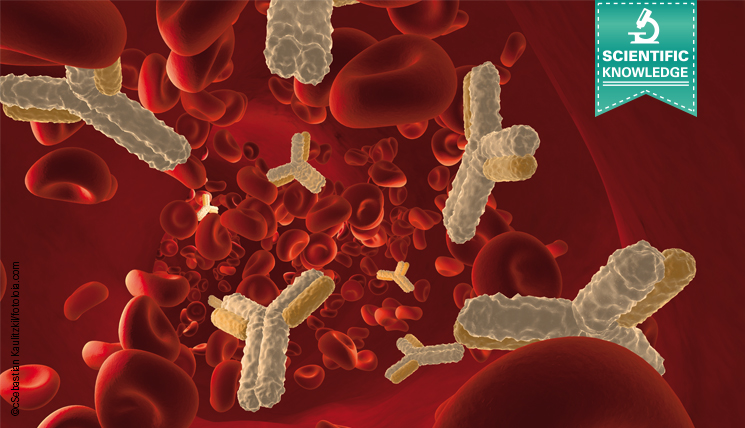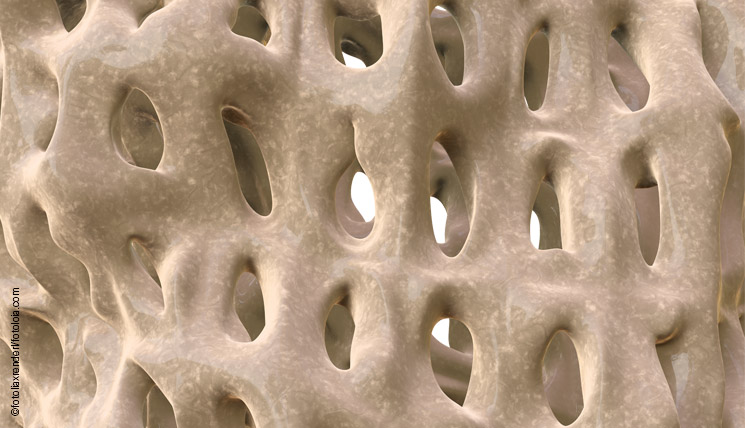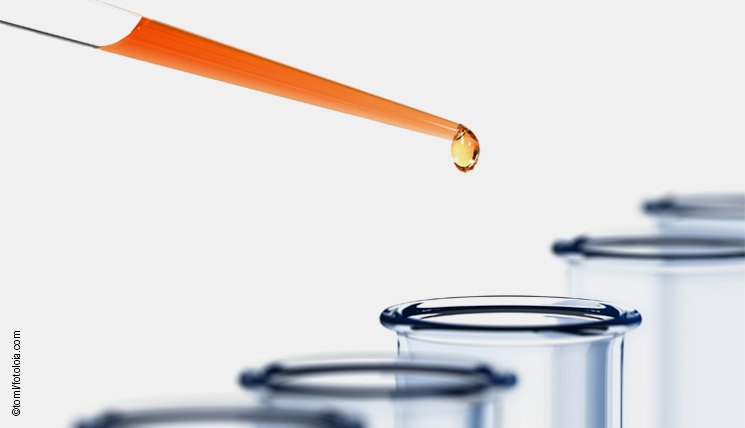Treatment of bullous pemphigoid: immune adsorber binds specific antibodies
Bullous pemphigoid (BP) is considered the most frequent autoimmune blistering disease with an incidence of about 1.5 to 2 per 100,000 inhabitants and year in the general population. The disease becomes even more frequent in the elderly. The clinical picture of BP includes tense blisters, formation of erythema, erosions, crusts and pruritus. The presence of […]




